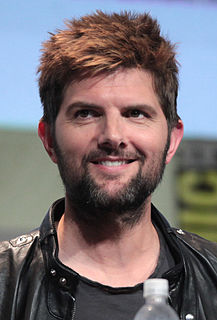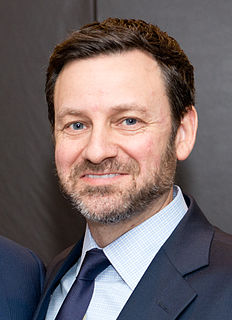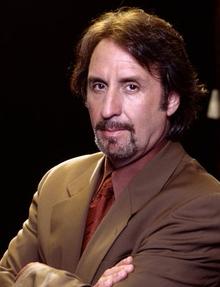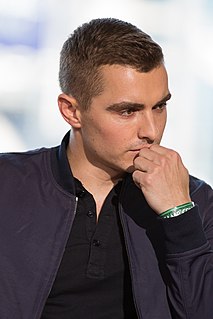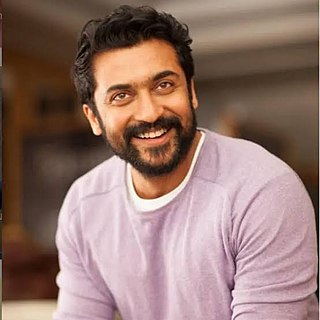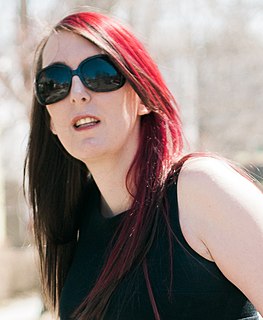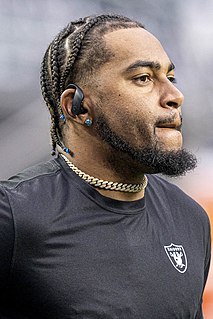A Quote by Tyler Oakley
I came from a pretty accepting community, and my school had a lot of openly gay and LGBT-plus people. When I joined YouTube, I saw a lot more hostility than I saw in my everyday life.
Related Quotes
When I first came up, the whole AIDS epidemic was starting, and the gay community that I experienced from the beginning of my career was mostly - and overwhelmingly - concerned with staying alive. And, also, I felt really aware of the preciousness of life and time. The gay community and people who were HIV-positive were treated so badly, and I was very disturbed by things. But I also saw a lot of love and connection in the gay community at that time.
When I think back, I felt like I had the life that a lot of white American kids grew up with in the suburbs in the States. I started noticing, as Apartheid's grip weakened, that we had more and more black kids at school; I had more and more black friends. But I never really saw a separation between myself and the black kids at school.
Popular culture does a lot to shape attitudes. You can't compare different communities to each other, but in my lifetime the gay and lesbian community has become much more mainstream in society. I would venture to say it's in part because people began to feel more comfortable when they saw that group on TV.
I went to USC where there's a huge Greek system. The school is in a pretty seedy area, so the only social life is at these fraternities. I never joined one myself, but I had a lot of friends who were in frats and I would go to those parties. I had a healthy dose of being around frat life while I was in school.
I came to the realization that I had failed in some respects because I had been more of a benevolent narrator than the world I saw reflected around me, and in the lives of the people in my community, and in my family. There was no benevolent God sparing us pain and loss and grief and struggle. If I was going to continue to write about the place where I am from, and the kind of people who live in my community and who are in my family, I owed it to them to be honest with what our lives are like.




